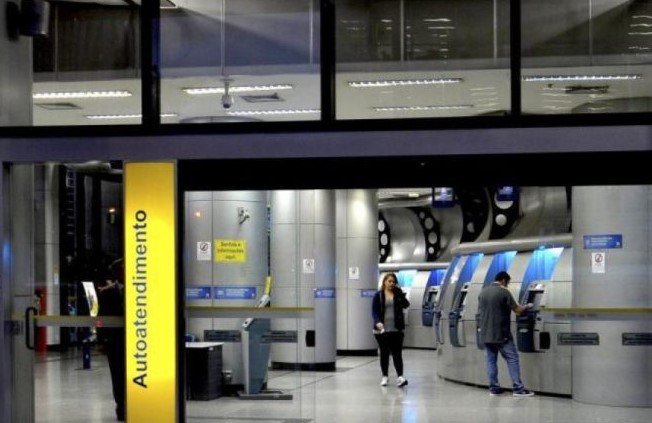The United States Treasury has put major Brazilian banks in a tough spot by demanding they enforce sanctions against Supreme Court Justice Alexandre de Moraes. This move, dated September 2, 2025, forces banks like Banco do Brasil, Bradesco, Itau, Santander Brasil, and BTG Pactual to report how they are blocking his assets, sparking a conflict between US law and Brazilian rules.
Background on the Sanctions
The sanctions stem from the Global Magnitsky Act, which targets human rights abuses and corruption. US officials accused Moraes of suppressing free speech and ordering unfair arrests, including cases tied to former President Jair Bolsonaro.
This action began in late July 2025, when the Treasury’s Office of Foreign Assets Control added Moraes to its list. It freezes any US assets he holds and bans American firms from dealing with him. Brazilian leaders see this as an overreach into their justice system.
The US aims to protect free expression and hold officials accountable worldwide. Yet Brazil’s Supreme Court ruled that such foreign sanctions need local approval to apply inside the country.
Impact on Brazilian Banks
Banks now face a dilemma. Complying with US demands could violate Brazilian law, leading to fines or other penalties from local regulators.

On the other hand, ignoring the US could result in losing access to dollar transactions and global markets. Brazil’s economy relies heavily on US financial systems for trade and investments.
Shares of affected banks dropped after the Supreme Court’s ruling, with investors worried about ongoing tensions. For example, Banco do Brasil saw a sharp decline in stock value amid fears of escalated US actions.
Experts say this could lead to broader economic ripples, affecting everything from loans to international deals.
Here is a quick look at the banks involved and their potential risks:
| Bank Name | Key Operations in US | Potential US Penalty Risks |
|---|---|---|
| Banco do Brasil | Trade financing | Loss of dollar clearing |
| Bradesco | Investment services | Fines up to millions |
| Itau | Retail banking | Restricted market access |
| Santander Brasil | Corporate loans | Asset freezes |
| BTG Pactual | Wealth management | Exclusion from deals |
Broader Political Tensions
The clash highlights growing friction between the US and Brazil. President Donald Trump’s administration has pushed hard on issues involving Bolsonaro, a close ally.
Recent events include US tariffs on Brazilian goods and threats of more sanctions on other judges. This comes as Brazil prepares for its 2026 elections, where current President Lula da Silva plans to run again.
Public sentiment in Brazil is mixed. Some view Moraes as a defender against extremism, while others see him as overstepping. Social media buzz shows support for US moves from Bolsonaro backers, but criticism from those who prioritize national sovereignty.
Logical reasoning suggests this could set a precedent for how countries handle cross-border sanctions. If banks side with Brazil, it might encourage other nations to resist US financial pressure.
Economic Consequences for Brazil
Brazil’s banking sector handles trillions in assets, and any disruption could slow growth. The country already faces inflation and debt challenges in 2025.
Analysts predict that prolonged conflict might raise borrowing costs for Brazilian firms. International investors could pull back, fearing instability.
On a positive note, this might push Brazil to diversify its financial ties, perhaps strengthening links with China or Europe.
Key economic factors at play include:
- Dependence on US dollars for 80 percent of global trade.
- Brazil’s 2025 GDP growth forecast at 2.5 percent, which could dip if banks face restrictions.
- Rising foreign investment, but now at risk due to legal uncertainties.
Global Implications and Future Outlook
This situation tests the power of US sanctions as a foreign policy tool. Other countries watch closely, as similar conflicts could arise elsewhere.
For instance, recent US actions against officials in Venezuela and Russia show a pattern of using financial leverage. Brazil’s response might inspire resistance or lead to diplomatic talks.
Looking ahead, experts believe negotiations between Washington and Brasilia could ease tensions. But if not, banks might need creative solutions like segregating accounts.
In the end, this underscores the complex web of global finance and law.
What do you think about this international standoff? Share your views in the comments and spread the word to keep the conversation going.








